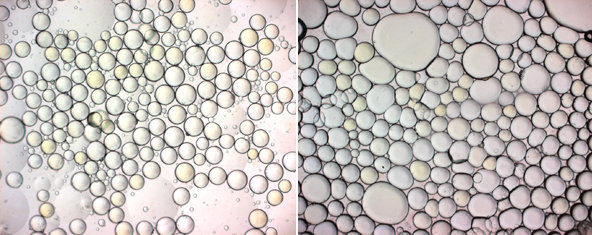to stretch or not to stretch?
Jared Sperli stashed this in life
Stretching makes ME feel good, but I've read lots of articles that have said it's useless and/or actively hurtful to performance.
We know that stretching before exercise tends to be counterproductive because in loosening muscles, it also temporarily weakens them. But whether you should stretch at other times — after exercise, for instance, or first thing in the morning or just before bed — is murkier, in part because studies of stretching have not been standardized.
Some have had young, healthy volunteers stretch for 20 minutes or more, others for 5 minutes or less. Still others have used older, stiffer volunteers or people with existing injuries. Not surprisingly, the results have been inconsistent. Even within the same study, people respond quite differently to stretching, with some showing increased flexibility and others not.
Still, the consensus among scientists who study stretching is that the practice has benefits. It reduces muscle soreness caused by strenuous exercise, for one thing (although, according to a 2011 review, by only about 1 point on a 100-point pain scale). Stretching also increases the range of motion in joints, and ‘‘maintenance of normal ranges of motion is an important fitness and wellness objective,’’ says Duane Knudson, chairman of the department of health and human performance at Texas State University in San Marcos. While some people anecdotally report that their joints feel permanently looser if they stretch, experiments generally find that joints stiffen again within an hour.
It’s possible, however, that what you believe stretching does for your body may matter as much as what it actually does. In a 2010 study, volunteers were randomly instructed either to stretch or not to stretch before exercise. Those who ‘‘strongly agreed’’ at the start of the study that stretching is advisable rarely reported sore muscles if they were assigned to stretch. But if they were told not to stretch, they were more likely than other volunteers to report that their muscles subsequently felt sore.
Ask any physical therapist: lower back pain is often attributable to tight hamstrings.
http://ezinearticles.com/?Lower-Back-Pain---The-Role-Of-Hamstrings&id=507991
I can believe this rule of thumb: Stretching is better for life, but not for maximum athletic performance.











2:44 PM Apr 26 2013